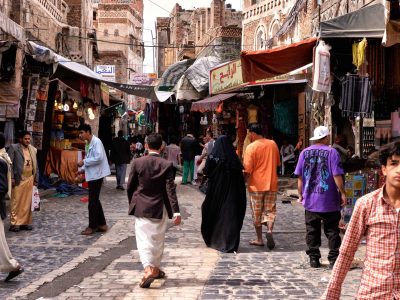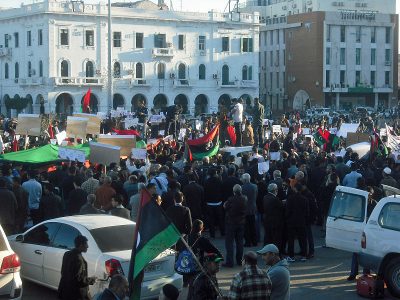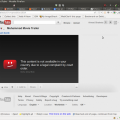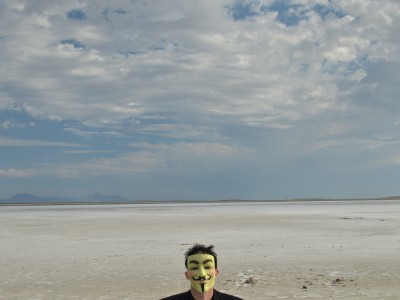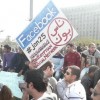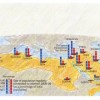Stories about Libya
Digital Citizen 3.6
Digital Citizen is a biweekly review of news, policy, and research on human rights and technology in the Arab World.
Libya: Foreign Hackers and Surveillance
In the wake of the fall of Tripoli, reporters, researchers, and former employees of the Libyan Telecom and Technology company have been uncovering and sharing details about how the Libyan government surveilled and monitored internet and phone networks.
MENA Journalists & Cyber Activists: In the Line of Fire
From Morocco to Bahrain, everyday people have taken on the cast iron hold of dictatorships and absolute monarchies resulting in an extraordinary collective awakening that has paved the way for epochal change in the region. The youth movement, which lies at the core of the uprisings, continues to play a prominent role in the pro-democracy and pro-reform demonstrations, which have swept through the region, unabated by government clampdowns or concessions.
How Much Does Internet Access Matter?
Amidst the ongoing debate of the role of social media in revolutions across the Middle East and North Africa lies another question: To what degree does Internet access matter in determining the role of the Internet and social media in these revolts? Jillian C. York looks at different ideas about the effects of Internet penetration on the effectiveness of social media organizing.
Libya blocks access to Youtube and independent websites
On January 24th, 2010, Libya Telecom and Technology (LTT) has blocked access to the popular video sharing website Youtube and to several Libyans based abroad political and independent websites such as Libya Al Youm, Al Manara, Jeel Libya, Akhbar Libya,and Libya Al Mostakbal. And while Google didn't confirm the ban...
North Africa: are political websites more likely to get hacked?
Political opposition websites in North African countries, particularly in Tunisia, Libya and Mauritania, are becoming a primary target of hackers. This new phenomenon of defacing opposition and dissident websites emerged first in Tunisia, where at least 14 websites and blogs were targeted between 2007 and 2008, and seems to be spreading across the region as a result of the attempt to muzzle free speech both online and offline.


